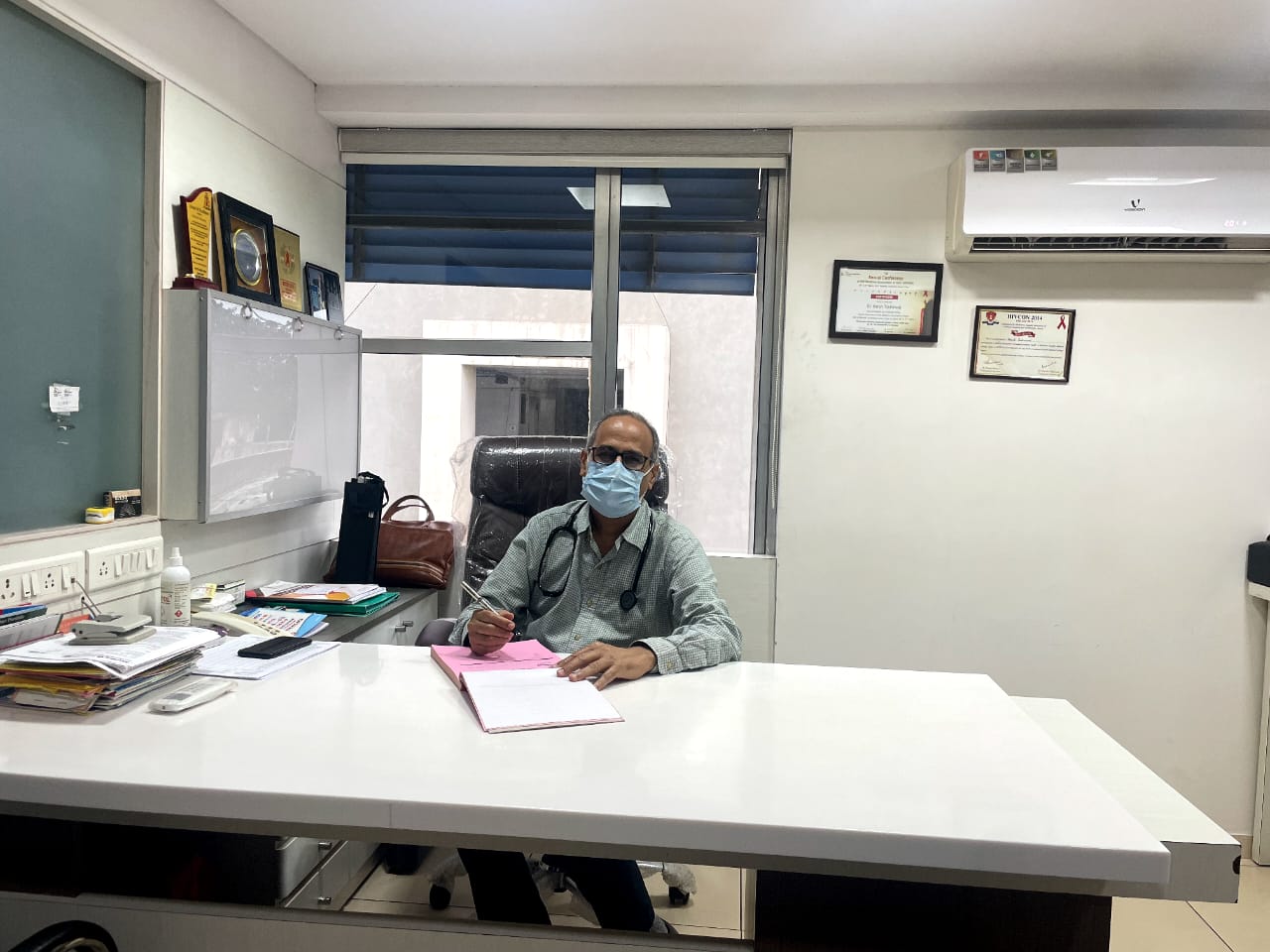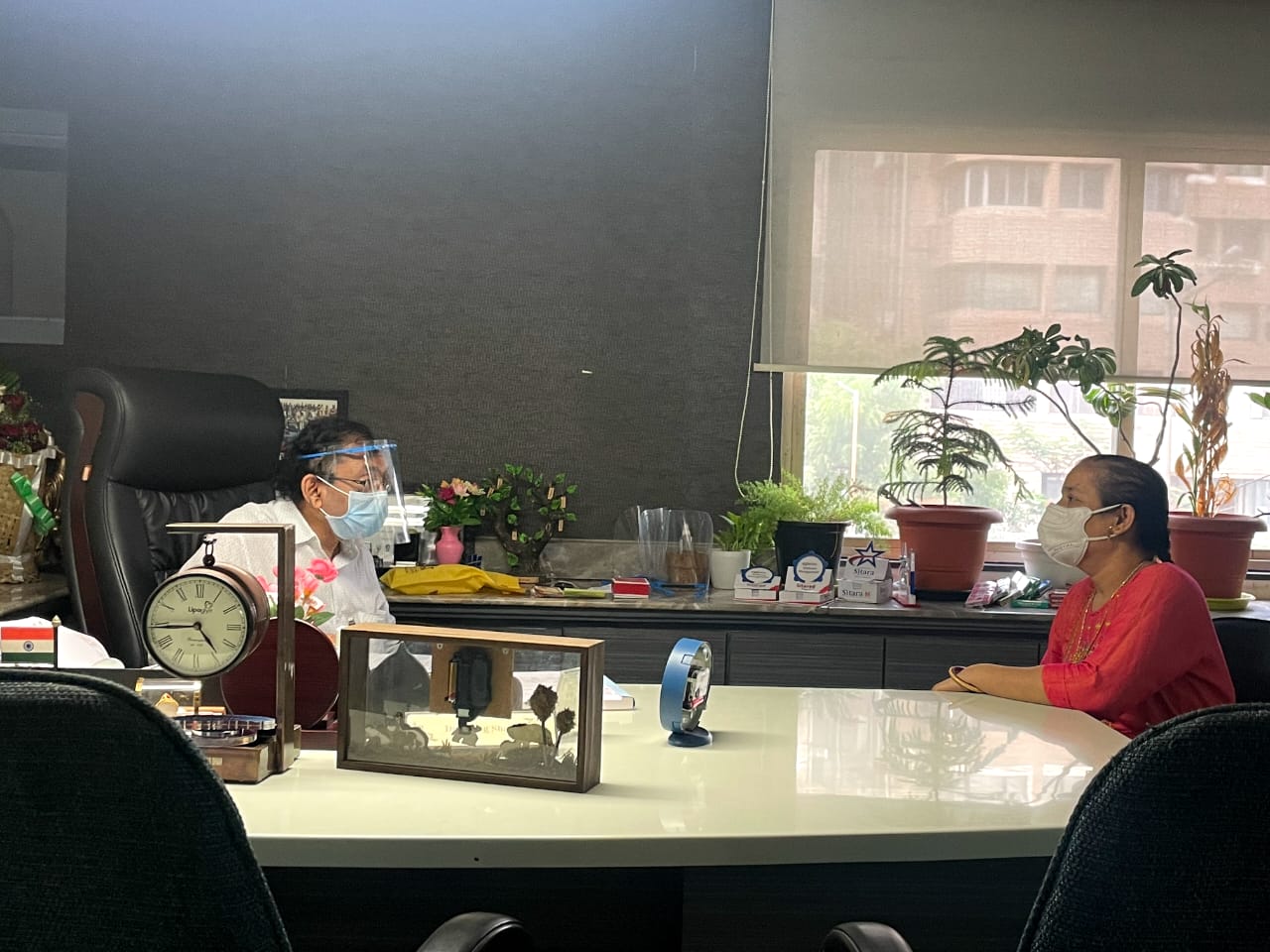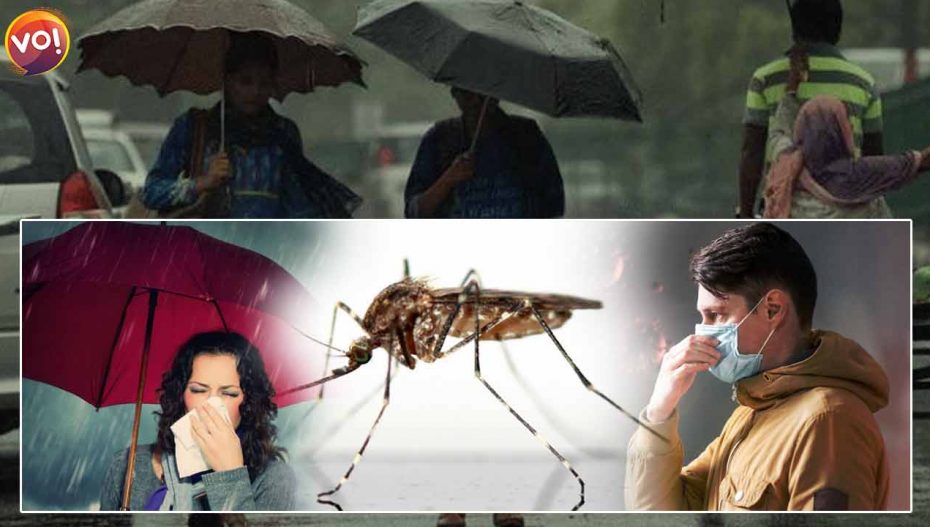Monsoon, a season that visits India between July to September, brings nourishment and joy to our land. However, one downside of monsoon is the diseases that it brings along with it. Thus, while you enjoy the monsoons, you need to care for yourself.
However, the good news is that staying healthy during these months can be a much simpler task.
Why Do Diseases Spread So Fast In Monsoon?
Researches show that catching infections from viruses and bacteria is two times higher during monsoons. The humid weather enables the harmful micro-organisms to thrive. It leads to the speedy transmission of several diseases.
Further, many monsoon diseases remain undiagnosed for some time and affect your health suddenly. Early diagnosis, preventive actions and steps in hygiene measures can keep you safe during the monsoon season.
Mosquito-Borne Diseases
There are four mediums through which diseases transmit in India: mosquitos, water, air, and contaminated food. Mosquito-borne diseases, including malaria, dengue, and chikungunya, are caused due to the breeding season for mosquitos. Their symptoms are high fever, chills, body aches and fatigue.
Precautions:
- Use mosquito nets
- Avoid water stagnation
- Maintain hygiene
- Use mosquito-repellent creams before stepping out of the house
Water-Borne Diseases
Team VOI discussed the same with Dr Harsh Toshniwal, a Physician from Ahmedabad specialising in Infectious diseases. He said, “Schools should have monsoon uniforms like summers and winters. It should be fully covered to avoid contagious diseases.”

According to World Health Organisation, more than 4 million people in India become victims at the hands of water-borne diseases. Children are the easiest targets for such micro-organisms and are more prone to contracting such diseases. The most common water-borne problems are typhoid, cholera and jaundice.
- Precautions:
- Drink purified or boiled water
- Always wash fruits and vegetables before consumption
- Avoid consumption of stale food
- Carry a hand sanitiser and always wash your hands
- Ensure that local drains and potholes in the locality are covered
- Get children of the family vaccinated
Dr Parag Shah, Diabetologist in Ahmedabad, said, “Avoid eating unbranded food items from the street like Pani Puri from outside. Cook such items at home instead. Avoid the consumption of items like buttermilk and ice-cream as we unaware of the water-quality used to make these items.”

Air-Borne Diseases
Monsoon brings multiple air-borne infections transmitted by disease-causing viruses through the air. They include common flu, viral fever, cold, cough, sore throat, and other mild diseases. However, people with low immunity, like elders and children, are more prone to such infections. If we do not treat these infections properly, they may take a longer recovery time. Examples of air-borne diseases are Influenza, Cold and Flu.
- Precautions:
- Use natural items like Haldi and lemon to build your immune system
- Cover your mouth and nose while coughing or sneezing
- Drink warm water every few hours and carry boiled drinking water
- Stay away from infected people
- Wash hands and feet thoroughly when you come outdoors
As we enjoy the monsoon, we must keep in mind to stay healthy and protected. If you find any symptoms of the above diseases, consult a doctor immediately.
Read More: Tips For Taking Care Of Your Furry Friends This Monsoon













